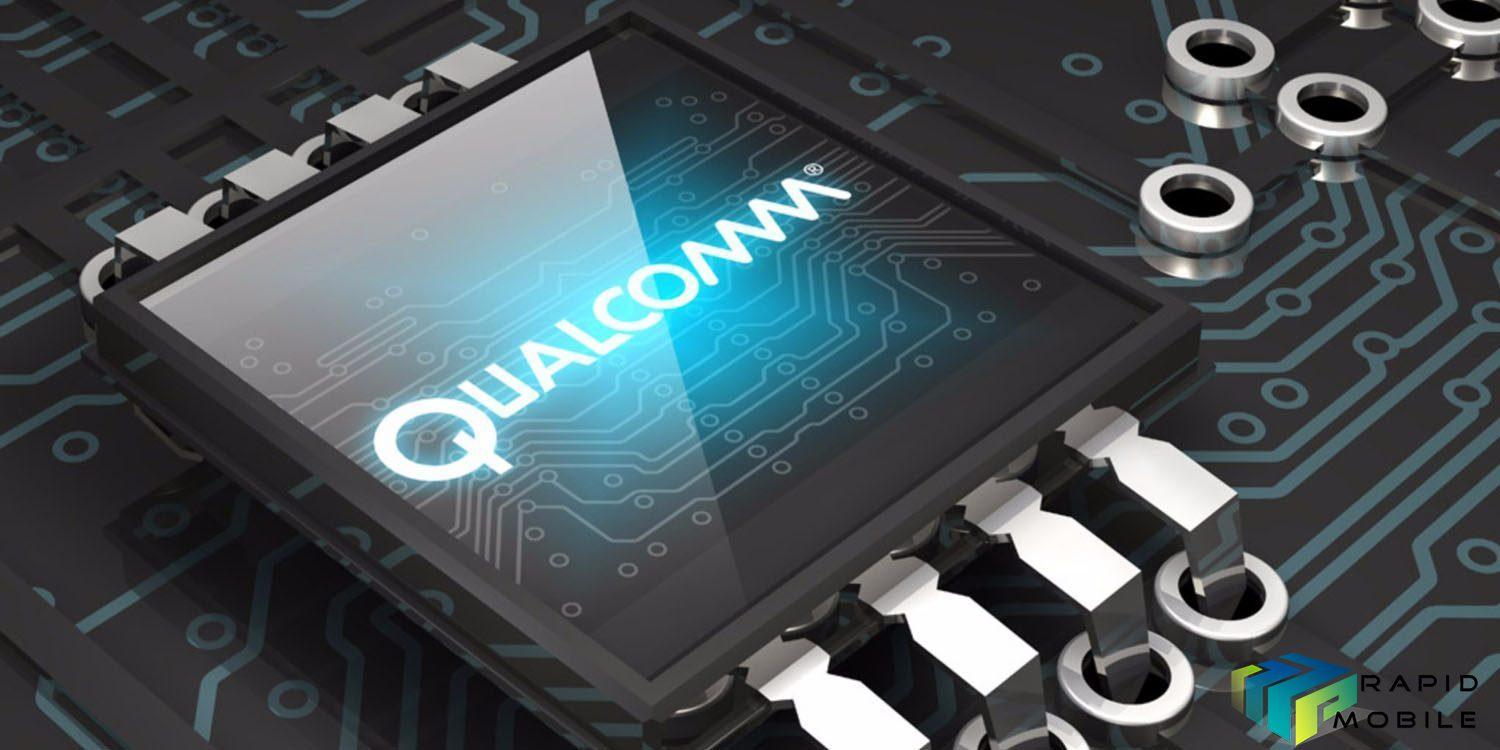Apple and Qualcomm head to court in San Diego Monday, in what could be one of the biggest US corporate lawsuits
Apple Chief Executivr Tim Cook is expected to give testimony in a four-week trial in a federal court in which the iPhone maker and four companies in its supply chain are suing Qualcomm for up to $27bn in damages for overcharged chip royalties.
Qualcomm, which has denied wrongdoing, is seeking at least $7bn in back-payments from Apple and its suppliers in addition to billions in damages.
The San Diego trial is the centrepiece of a lengthy dispute between the two companies that has sprawled across the US, China and Europe and may affect Apple’s ability to launch a mobile phone equipped for 5G, the next generation of mobile internet.
For Qualcomm, it “stands to shape the future of their business”, but it could also weaken Apple’s “bargaining power” and cost the iPhone maker billions.
The dispute began in 2017 after Apple told its manufacturers — who paid Qualcomm royalties and were reimbursed by Apple — to stop paying the chipmaker, on grounds that prices were too high. Apple and its suppliers argued that Qualcomm overcharged for royalties since 2013 and that the high fees on each phone containing its chips represented anti-competitive gouging.
Apple is also seeking $1bn in rebates it says Qualcomm withheld after a series of competition regulators opened investigations into its business model, and about $2bn in restitution for royalties.
The outcome of the trial is particularly significant for Qualcomm’s licensing business, which generated 64 per cent of the company’s total earnings before tax in 2018 on less than a quarter of total sales. If the case tips in Apple’s favour, other Qualcomm licensees are likely to question the rates they are paying, and the “future of the business model” could come under pressure.
Qualcomm’s share price has been volatile since 2016, as investors have grappled with uncertainty and declining licensing revenues prompted by the dispute. Potential damages alone could be more than four times the $5.7bn Qualcomm generated in net income in 2016.
If Apple wins on its licensing claims, that segment of Qualcomm’s business “would remain profitable.” Qualcomm might also face a “short-term hit” from having to repay licence fees.
But there are high stakes for Apple: it may be forced to pay hefty back-payments, while the dispute with Qualcomm has left it reliant on Intel, which has yet to release a 5G chip. If Apple’s 5G iPhone is delayed beyond its planned 2020 release, it may fall further behind in China in particular.
As the number one patent licenser by revenue worldwide, some of Qualcomm’s cellular IP is included in chips made by its rivals — which phonemakers must pay for. A win for Apple in San Diego could make it easier and cheaper to license Qualcomm’s technology and have a “pro-competitive impact on the industry as a whole”. That would be a boost to Apple if it wanted to design its own chips.



